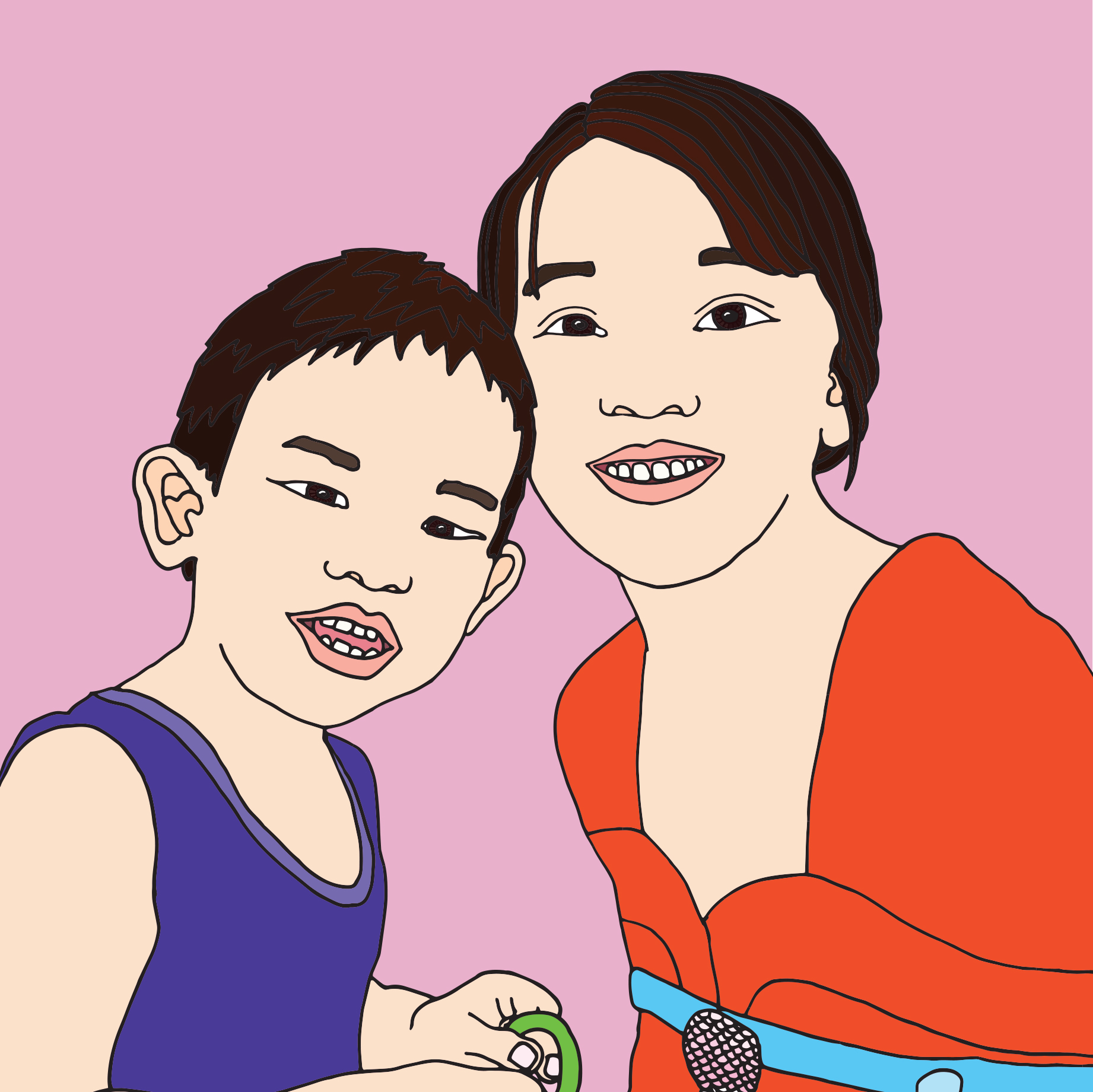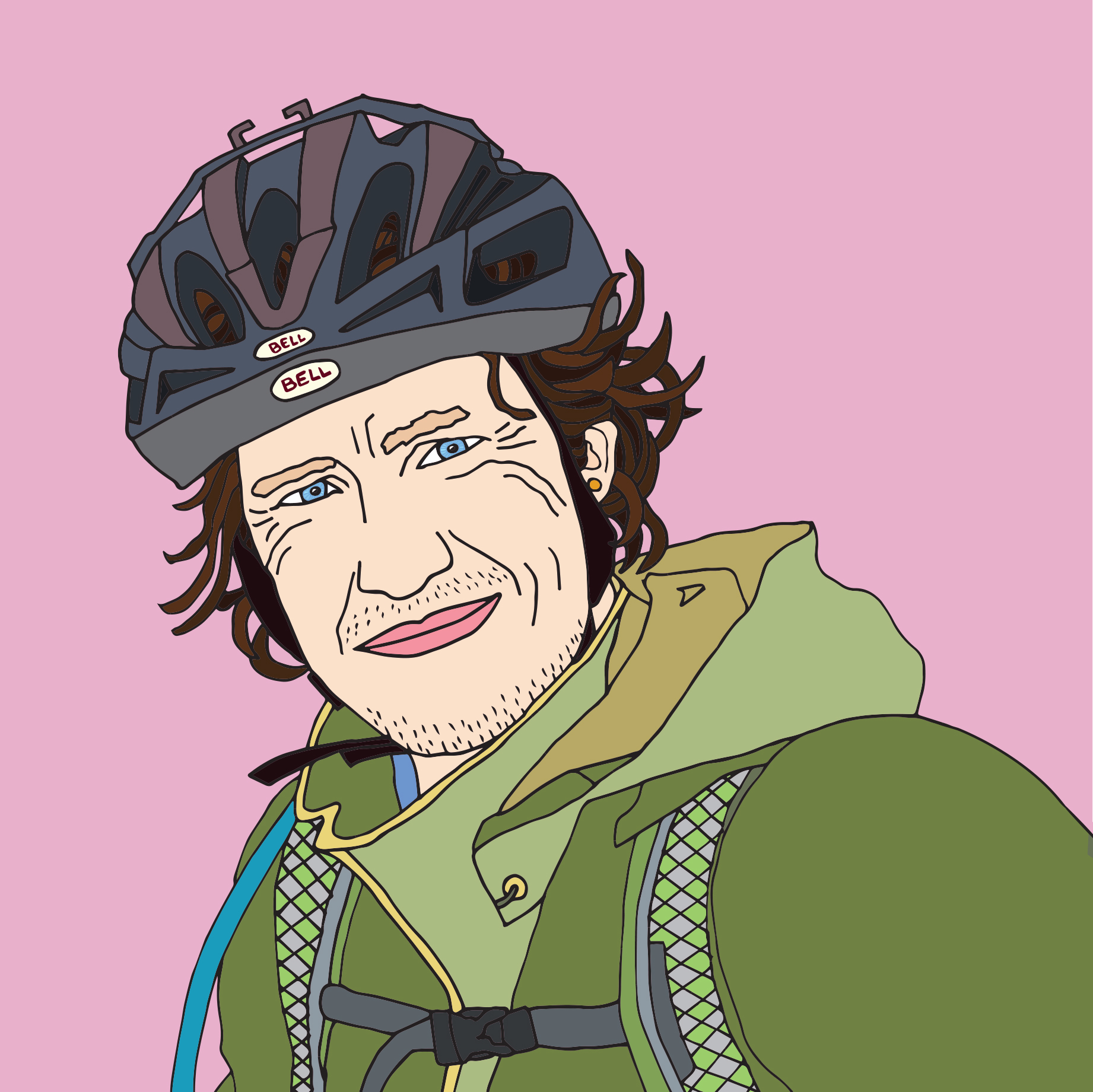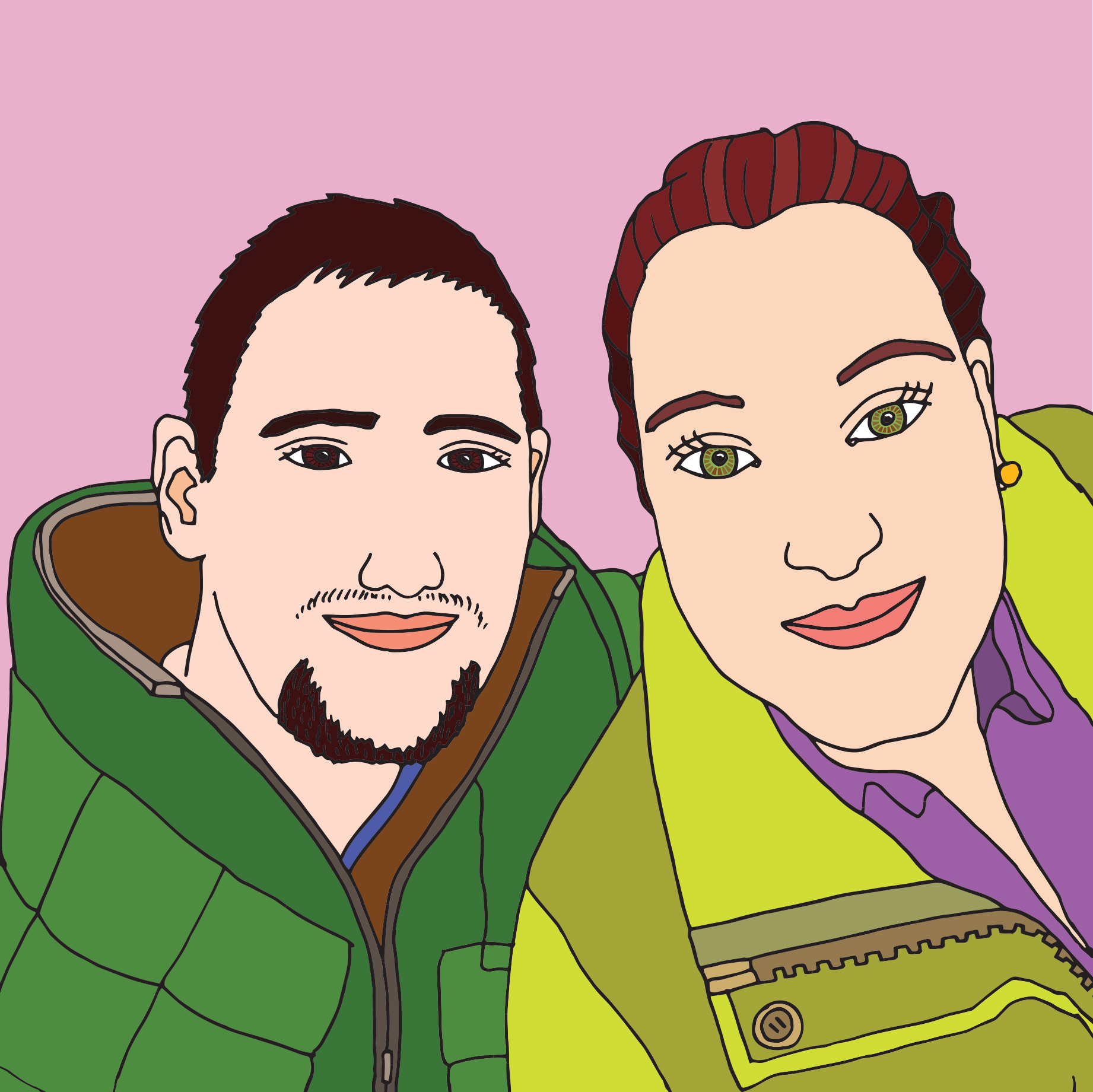Meet Our Experts: Counsellor, Parent Coach and Mindfulness Trainer, Shirley Pastiroff from Renew Your Mind
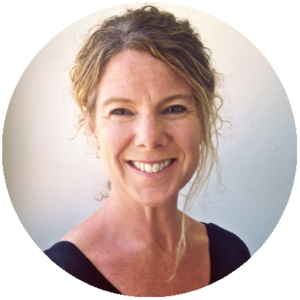
Meet Shirley Pastiroff, our expert for all your parenting-related questions. Each month we’ll be posting a question box on our Instagram where you can write in, then we’ll put your pressing questions to our expert panel.
Tell us about yourself.
I’m Shirley Pastiroff, I live in Auckland and I’m a counsellor, a parent coach and a mindfulness trainer. I’m part of the team at Renew Your Mind – we’re all therapists and mindfulness trainers, and we work in different parts of the country, offering individual sessions, and group training workshops.
What are your qualifications and how long have you been working in this area for?
The work I do is a second half-of-life career for me, after an initial career in TV and radio in the UK. I have a PostGrad Diploma in Counselling, and have been a member of the NZAC (New Zealand Association of Counsellors) for about 5 years.
What does an average day in your role look like?
I’m sitting here at my laptop with the sun streaming into my home, and my therapy room ready for my first client of the day. My kids have all left for school and it’s very quiet. Not all days start like this, but many do, and I love it! I see clients four days a week, during school hours. Many of them come for parenting support, but I also work in all areas of mental health, so the presenting issues are really varied, from toddler tantrums, to depression and anxiety, to couple conflict.
On Wednesday and Thursday evenings each week, I run the Mindful Parenting course, which is a wonderful contrast to the intensive one-to-one work I do with clients. The course runs for six weeks each term, so two of my evenings a week are taken up with that. And on my day without clients I’m available to run workshops in the corporate sector, in schools and early-childhood spaces, and for any groups who ask for a more private space to gather and learn. I also write, when I have time, and my book The Mindful Parent was finally published last year, after an embarrassingly long four-year marathon of writing.
You are one of New Zealand’s leading mindful parenting teachers. Can you explain what mindful parenting is?
Mindful parenting is not a specific academic discipline, it’s a combination of scientific research around the benefits of mindfulness on the brain – specifically on stress – combined with the latest in parenting and attachment theory, all embedded in easy-to-use tools and techniques that can transform our everyday lives with our children.
Tell us in five words how the parents attending your Mindful Parenting course would describe it.
- Life-Changing
- Educational
- Practical
- Enlightening
- Every-Parent-Should-Do-This!
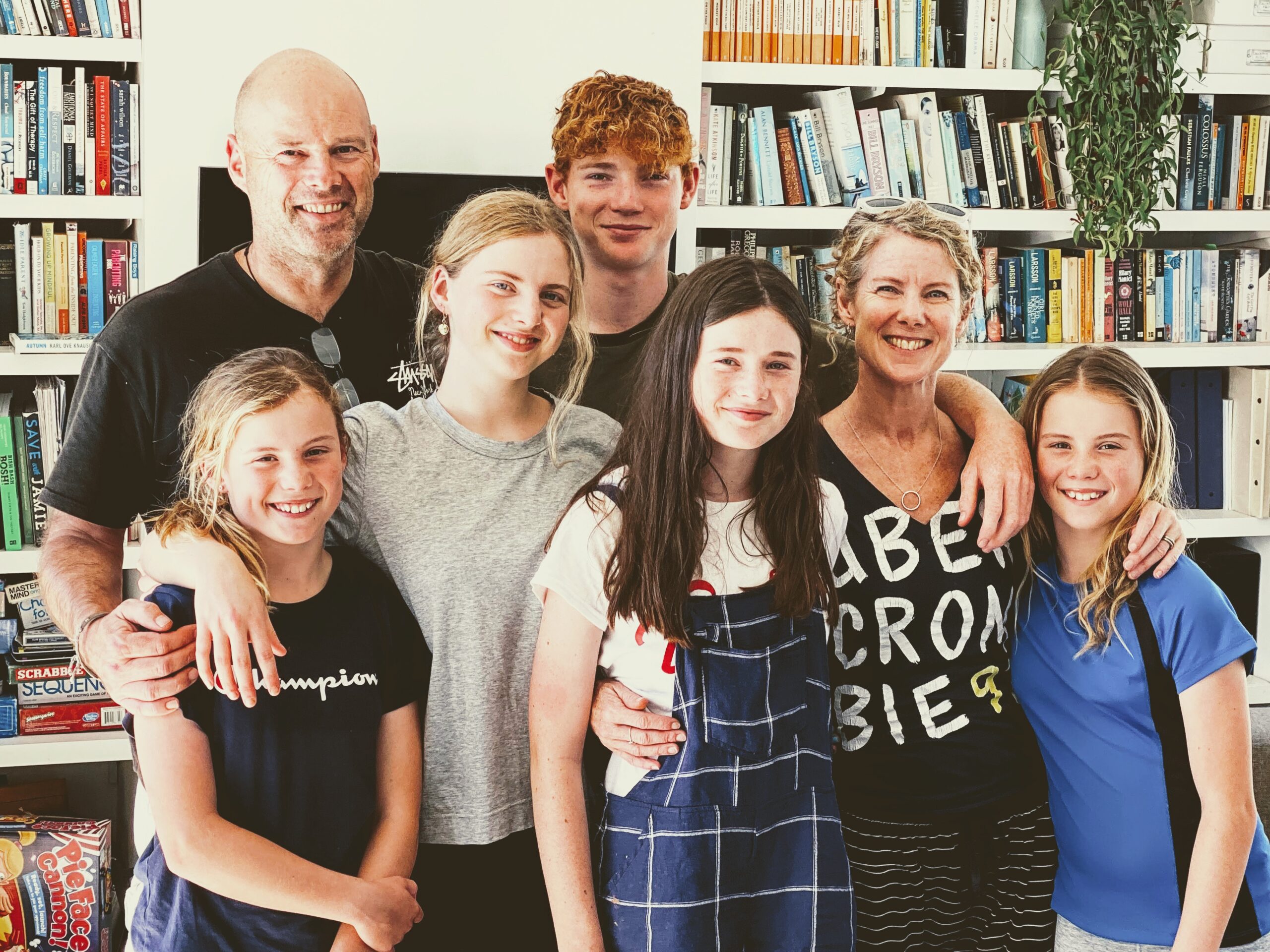
When it comes to working with parents, what are you most passionate about?
There’s so much about the work that I love, but what I’m most passionate about is working with parents to help them enjoy their lives in the midst of all the busyness and sometimes chaos of raising children, rather than somehow becoming ‘better parents’. It’s not rocket science to work out that healthy, happy, low-stress parents have a natural overflow effect on their kids, and the kids themselves become healthier, calmer and easier to parent. It’s a win-win. When we focus on how our children need to change, or how we need to improve, we miss the treasure.
Our pain often becomes our passion, and my own story of parenting five children and watching us spiral out of control as a family, has been the fuel for my work. Mindful parenting transformed my desperate attempts to be a good mum, into being gentler and kinder to myself, and my journey is now mainly focussed on enjoying myself, treating myself with respect and creating a sense of safety and calm around me, rather than one of stress and control. Unsurprisingly my children have all grown in their own joy, self-respect, resilience and kindness too.
What are the most common challenges you see parents facing, and how do you help them through your Mindful Parenting course?
Following on from the last question, I think the greatest challenge parents face is the foundational idea that we suddenly become ‘parents’ when we have a child, rather than simply being people caring for and connecting as well as we can with a little person. ‘Parenting’ as a verb came about in the 1970’s, so it’s a very new idea, and has spawned an industry of books, toys, activities, apps and social media gurus supposedly helping us do it well, but creating a world of pressure, and more children with mental health challenges than ever before.
I’m part of that world too, but on the Mindful Parent course, in my book and throughout my work, I try to undermine those messages of gold-medal parenting. Instead we look at scientifically-researched concepts, tools and strategies related to stress and to relationships, that gently refocus us on the atmosphere our children need to grow up healthily. Our children don’t really listen to us, if you hadn’t noticed, they watch us and feel us, so if we’re trying to complete the endless to-do list, or needing our children to achieve or behave in order for us to feel ok, they will become anxious, easily triggered and hard to parent. When we slow down, become a little more present, process our difficult emotions and retain our curiosity about, ironically our children are far more likely to ‘behave’ and ‘achieve’, simply because they feel good in their own skin.
What is your health and wellbeing philosophy, especially in terms of Te Whare Tapa Whā?
I love Mason Durie’s model as it draws together four strands of wellbeing in a holistic way, so that we avoid getting too caught up in one area to the exclusion of others. We can be physically healthy, but mentally struggling, we can be deeply involved in our communities but neglect our own physical health and so on.
I started out with a strongly spiritual childhood, in some ways an overdeveloped understanding of the significance of religion in my life, which included community and social involvement, but to the exclusion of physical and mental wellbeing. As an adult I have become fascinated with mental wellbeing, sometimes losing sight of good physical health, or tipping the balance so that I’ve become too individualistic, losing sight of the bigger picture that comes from an active spirituality and from community relationships. My philosophy would be that when we pay attention to our lives physically, mentally and spiritually, and attempt to share that with others in our families and communities, that’s health and wellbeing. But it is a dance I will do all my life.
